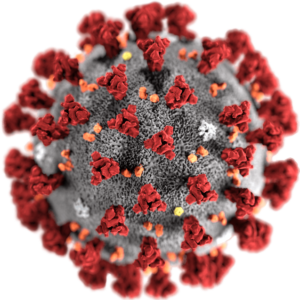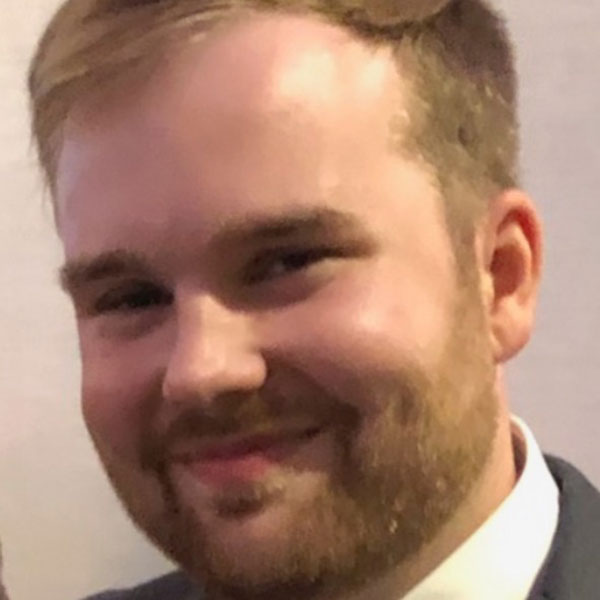Participatory Forum on New Requirements for Ethical Geographic Science in Rapid Research

COVID-19 calls upon researchers to navigate a fast-paced scientific inquiry process under enormous public scrutiny. The rapid funding mechanisms, abundance of geographic data from emerging technologies, and the “real-time” expectations and needs of governments have posed new challenges to traditionally accepted research methods and timelines, collaborative relationships, parameters for data sharing, and public expectations of research outcomes.
All of these challenges carry ethical questions and human rights-related dilemmas. The American Association of Geographers (AAG) as a member of the AAAS Science and Human Rights Coalition is coordinating a “Participatory Forum” on October 1, 2020 at 1:00 PM (ET) that engages both memberships across disciplinary practice to ask, “At what cost are we advancing science when the stakes are high and the pressure on normal timelines is intense?”
What is a Participatory Forum?
It is not always easy to have a true “conversation” when the set-up is a panel of experts accessible through a Q&A chatbox. So instead, the AAG identified three areas of inquiry deserving of focused discussion. With help from moderators for each question, forum participants will be able to contribute their critical thoughts with other participants directly and connect with them on these topics. This forum will explore new virtual spaces for academics to collaborate and participate in the process of scientific inquiry given the “virtual” normal.
Forum participants may choose to join a discussion of questions such as:
- Who is considered a human subject in research in a time of automated location tracking and facial recognition, and how do they consent to participate in research? How should scholars safeguard confidentiality of human subjects in research when re-identification of anonymized data becomes possible and when geographic representation (or interpretation) is flawed?
- Collective Rights of “places” during fast-paced and global research: How do we foster genuine research and other partnerships so that people impacted by decisions in certain places are part of the conversation and search for solutions?
- Who is carrying the burden of rapid COVID-19 science (who are the human subjects or places in research), and who is benefitting from rapid COVID-19 findings? What burdens are added to Human Subjects in Research and to Places when science is not taken into account for important decision making?
Registration for the workshop is required. Please click here to register.
The AAG would like to thank the volunteer moderators: Libby Lunstrum (Boise State University), Junghwan Kim (University of Illinois at Urbana-Champaign), Ranu Basu (York University), Sheryl Luzzadder-Beach (University of Texas – Austin), Emily Fekete (AAG), Coline Dony (AAG)


